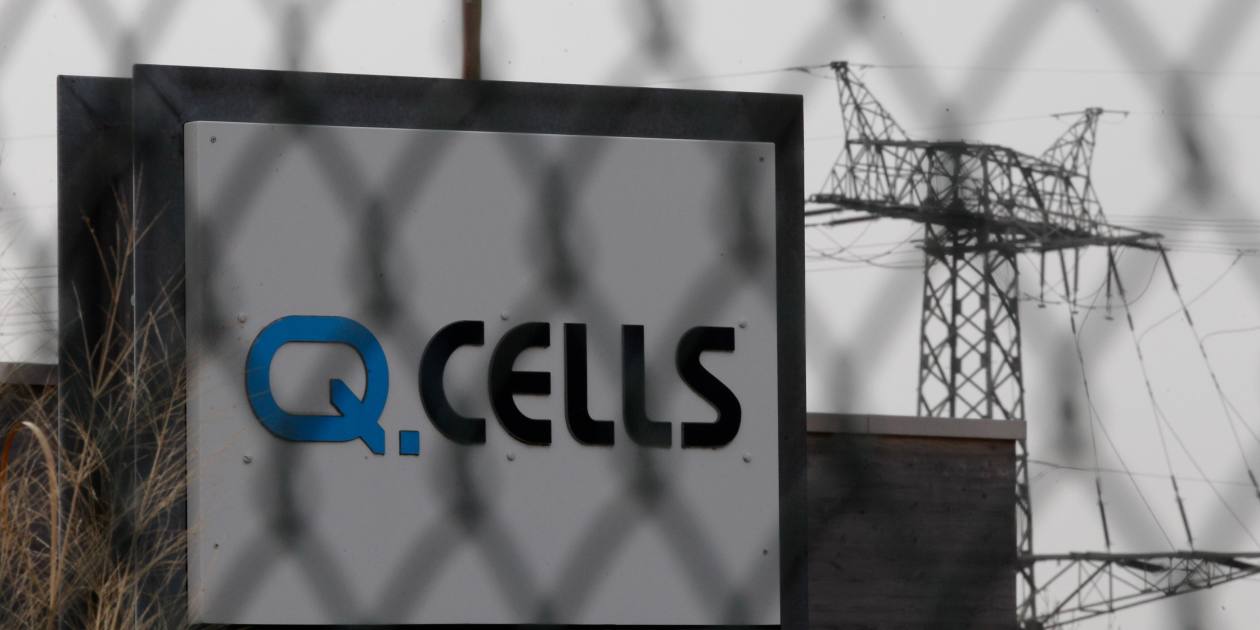It has empowered new niche players with the potential to displace the mid-size specialty manufacturers that are the heart and soul of the German economy.
Germany confirmed the mom-and-pop shops of the global supply chain
:)
All German politicans care about is coal and conservatism.
That’s a weird way to spell “Australian politicians” there mate.
This is the best summary I could come up with:
China’s relentless focus on digitalization and other emerging technologies is reducing its dependence on a rival whose manufacturing and engineering heyday was in the 1970s.
It has empowered new niche players with the potential to displace the mid-size specialty manufacturers that are the heart and soul of the German economy.
We do not know yet whether Beijing’s top-down model of statist industrial policy will achieve all of its goals, but we do know that in these fields, China has no need to look to Germany for investment or technology.
But the Russian invasion of Ukraine earlier this year has changed the calculation by ensuring that Germany stays within the U.S. sphere of influence during the great decoupling.
A second shock came last month when Berlin refused to renew investment guarantees for Volkswagen’s controversial assembly plant in Xinjiang, where about one million people, mostly Uighurs, have been forced into “re-education” camps.
I have argued for some time that investors need to prepare for the great decoupling and Europe’s coming divergence with China on every front: political, economic and strategic.
The original article contains 858 words, the summary contains 178 words. Saved 79%. I’m a bot and I’m open source!





